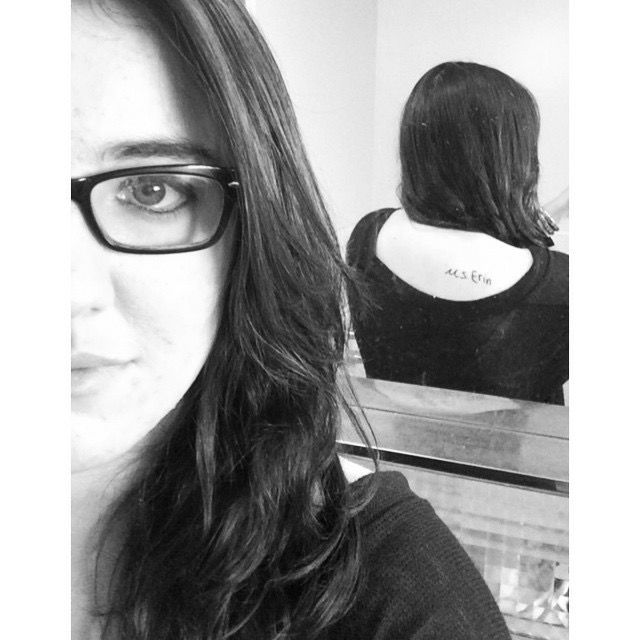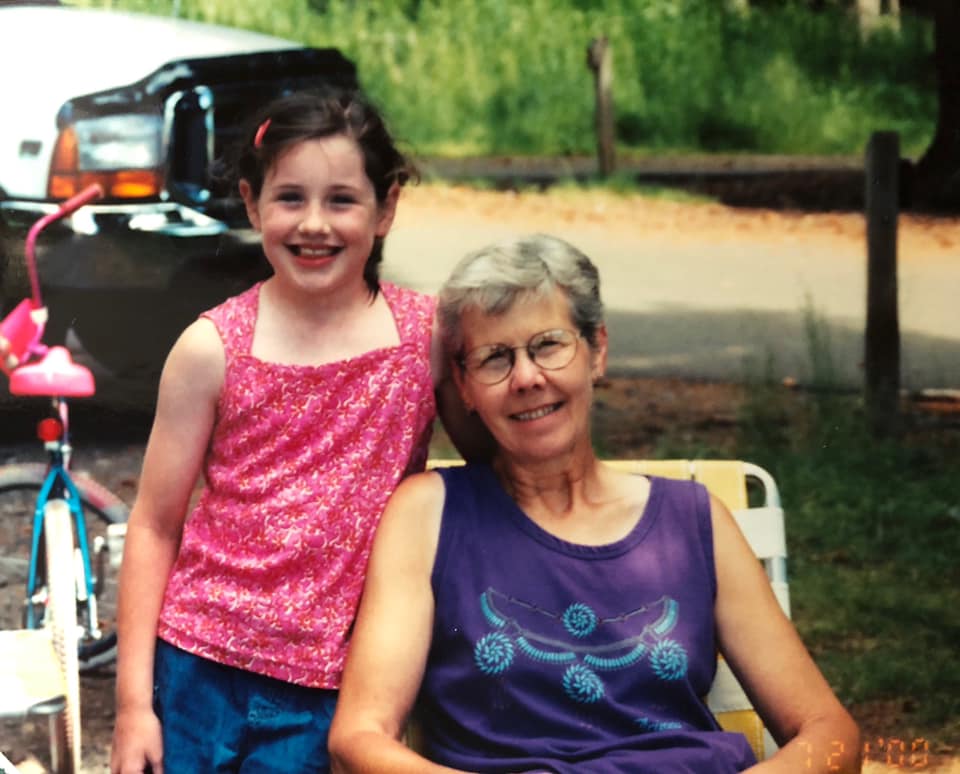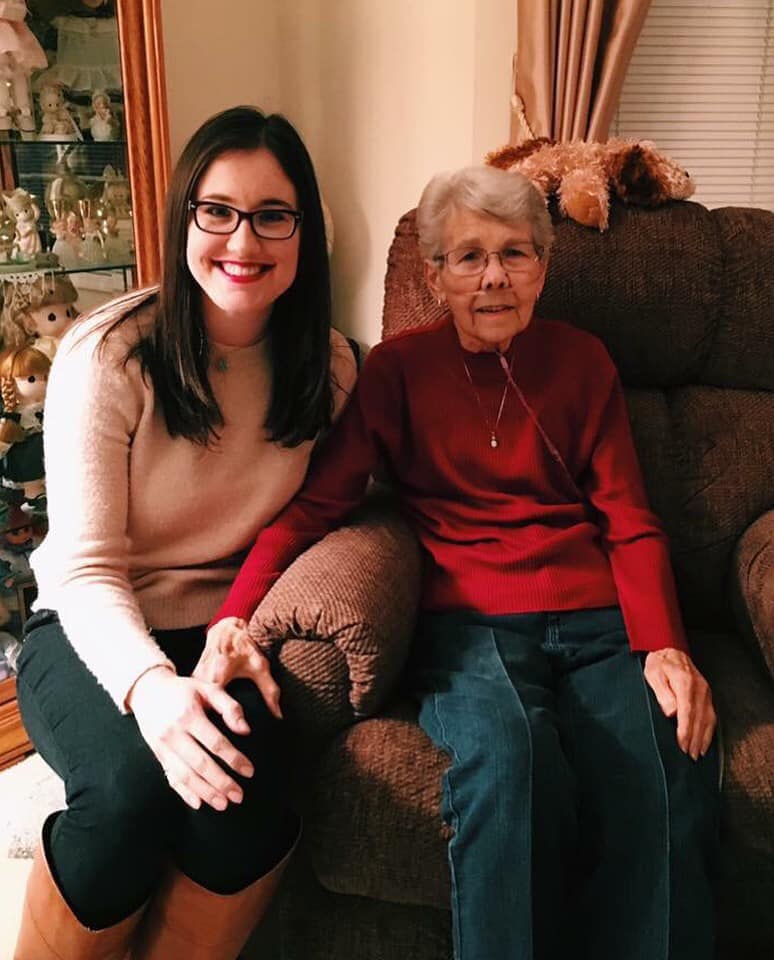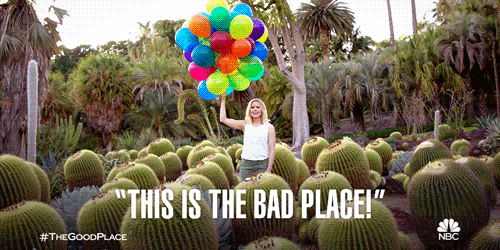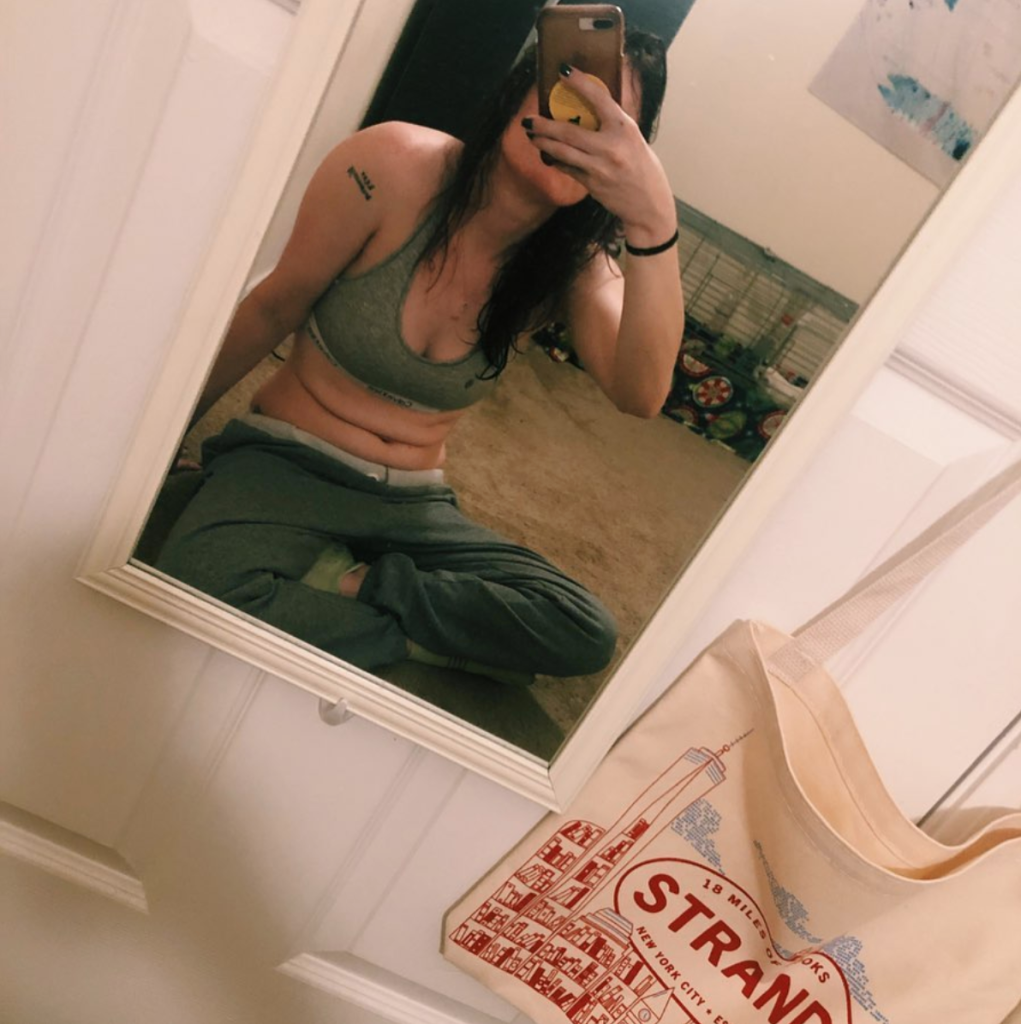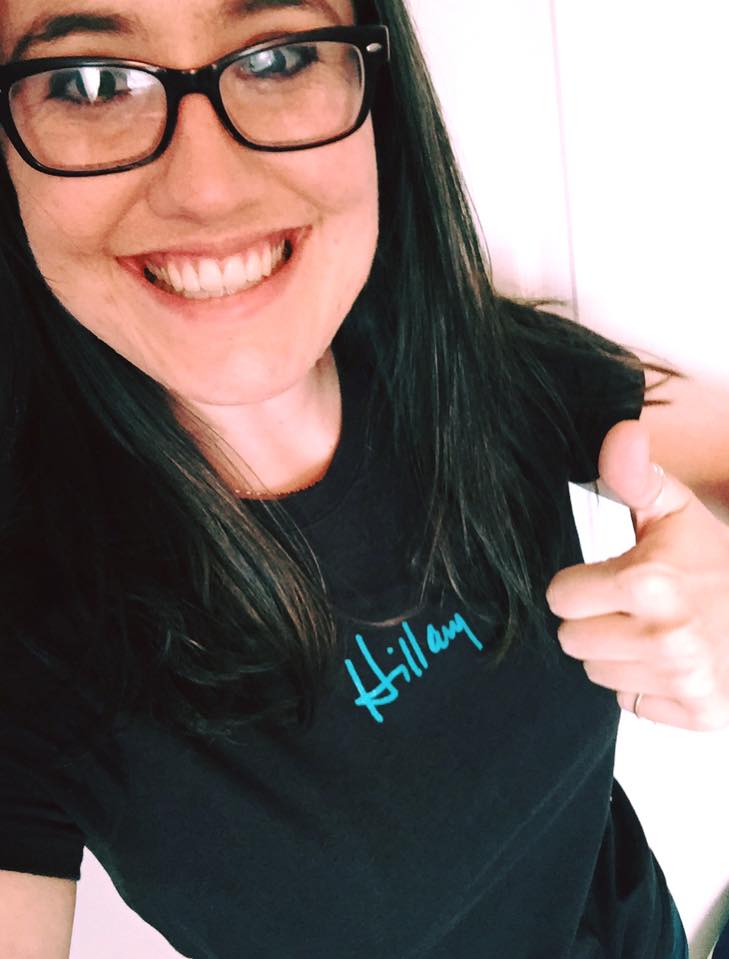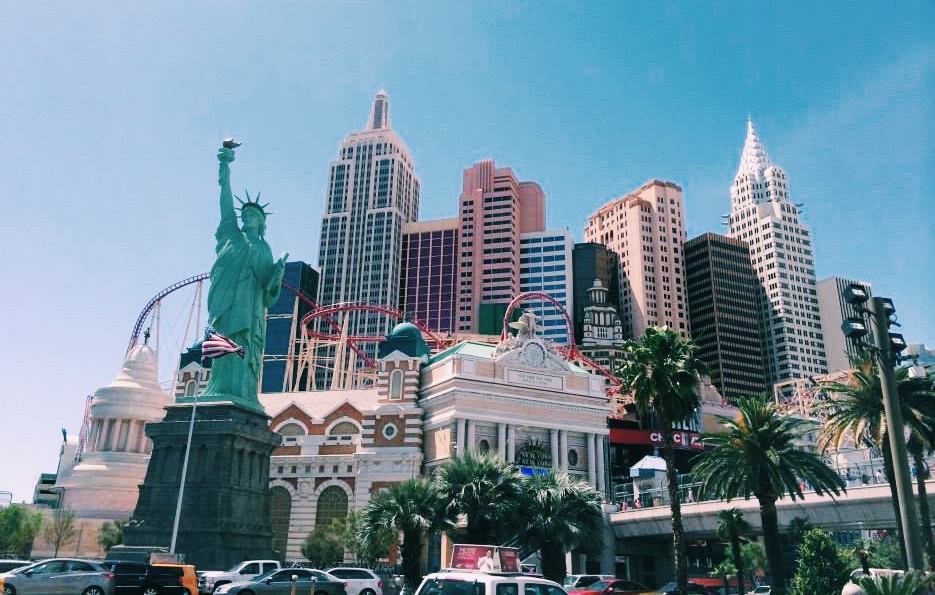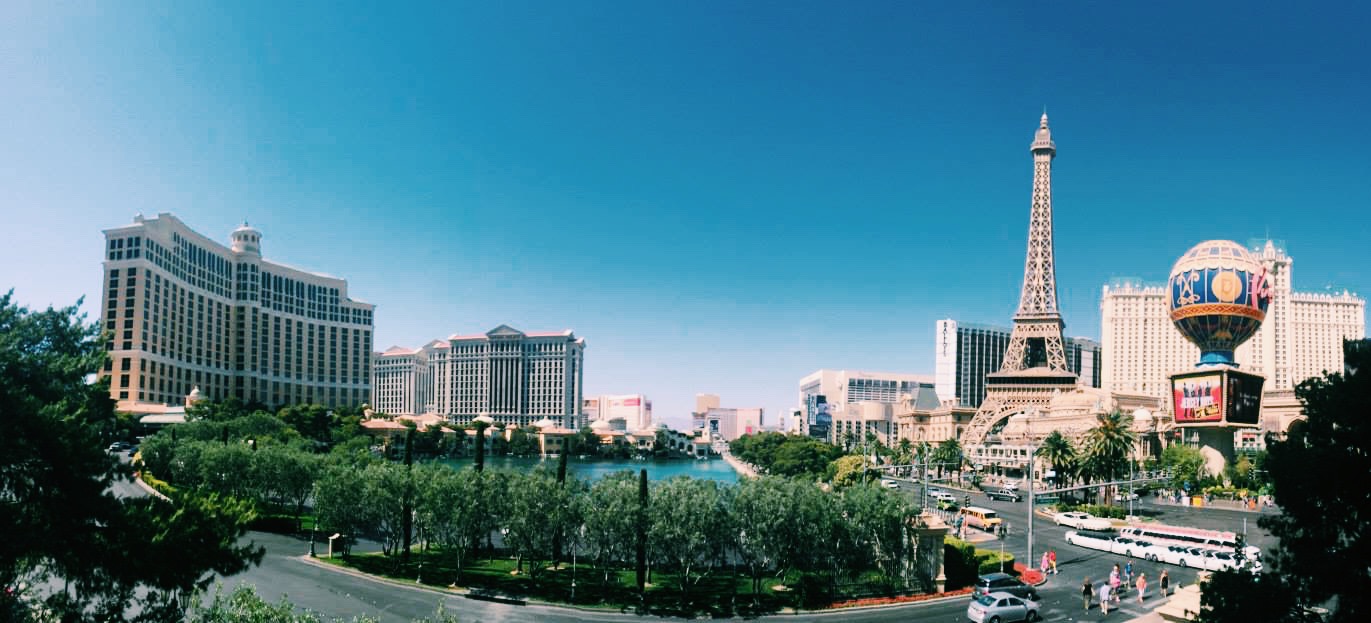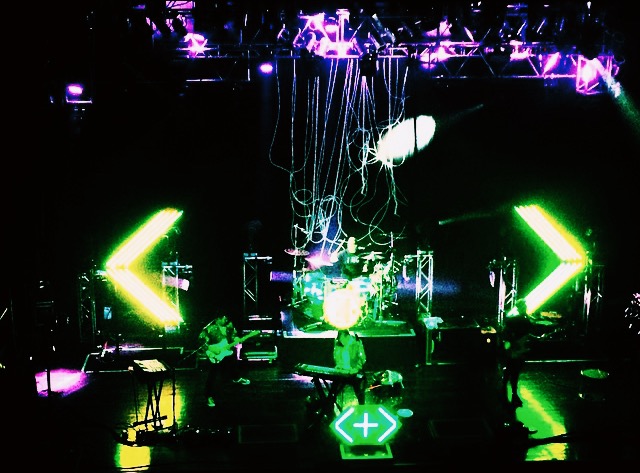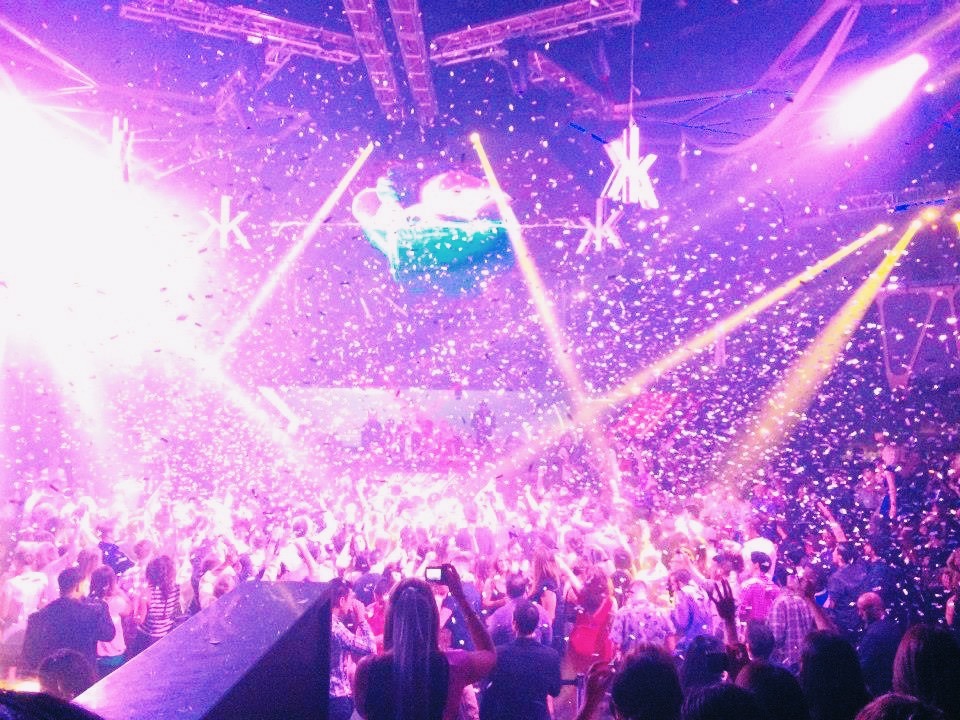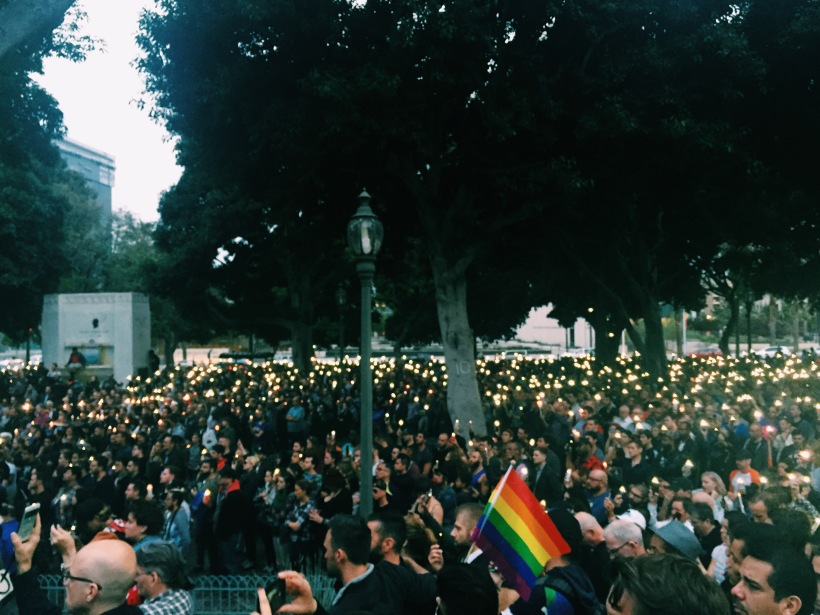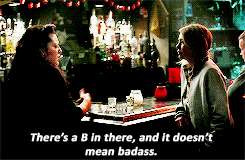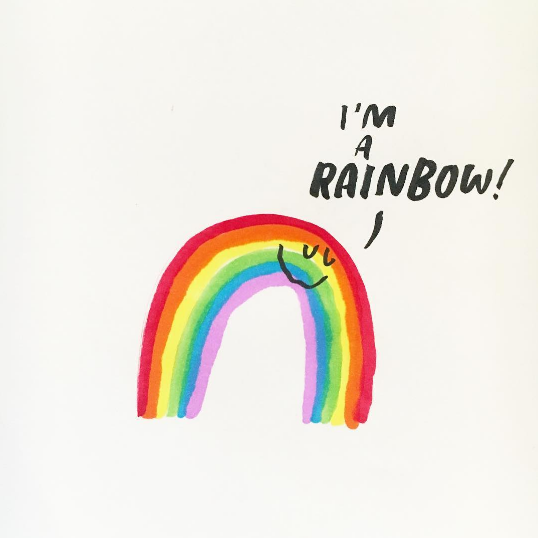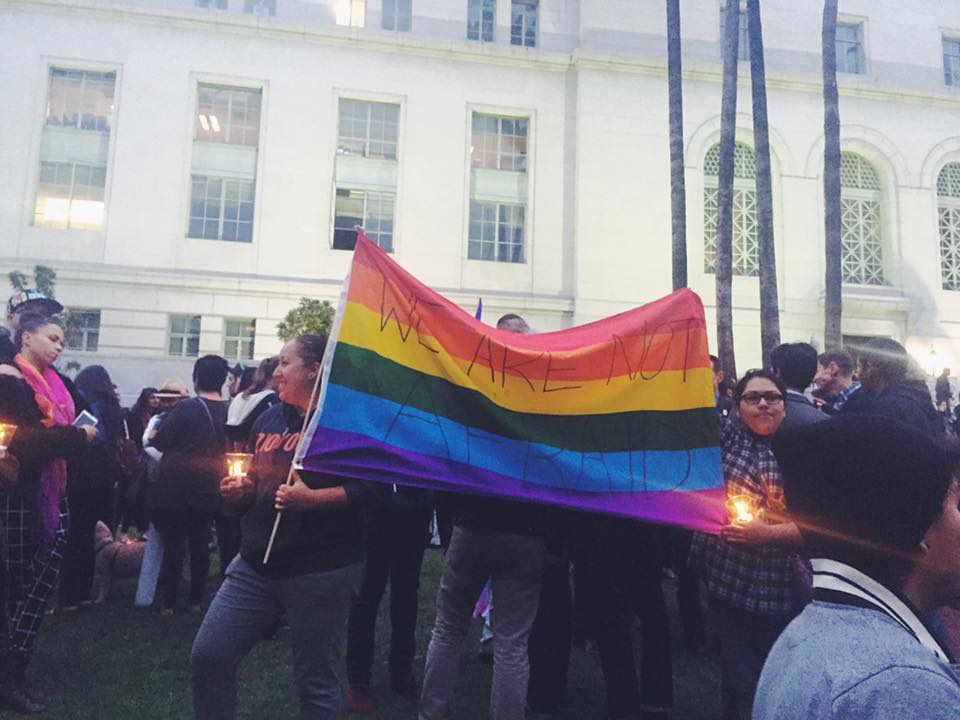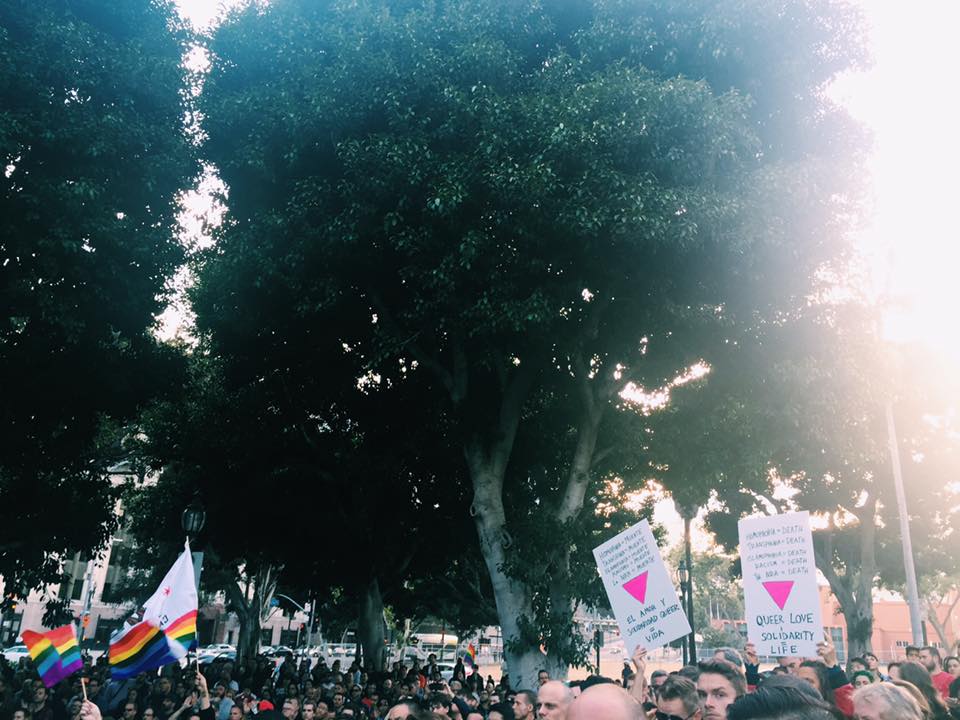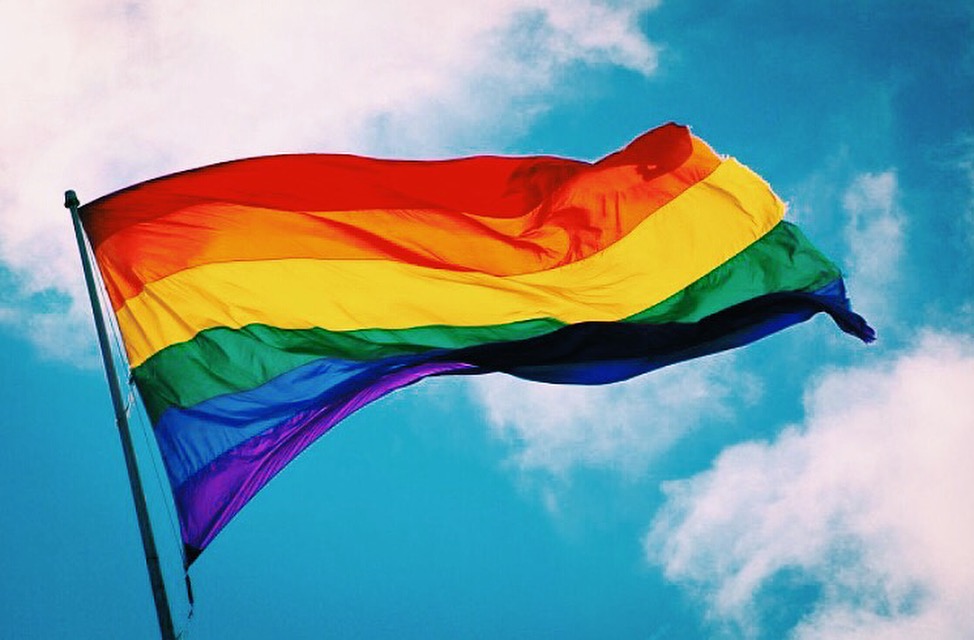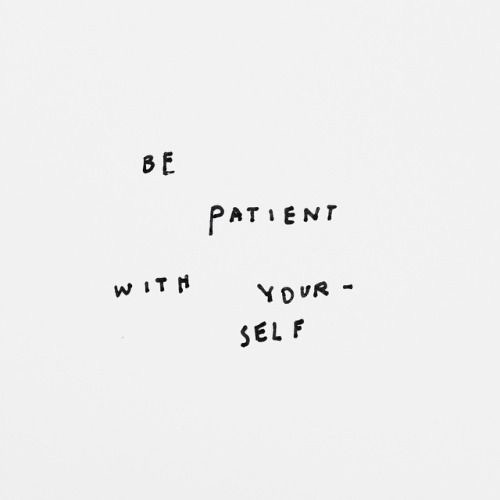I should be finishing up a final for my supply chain class.
Instead, I’m sitting here thinking about grief.
Today, as I was driving home from work in the pitch black wasteland that is 5:00pm in the New England winter, I all of the sudden felt in desperate need of a hug. A rare feeling for me, maybe because I have been alone my whole life and often recoil at physical touch (lol thanks PTSD), but when it hits, it hits hard. I think to myself, I need someone, but I can never quite figure out exactly who that someone is.
That’s usually the precursor to me realizing that the person I most need, is her. Then the grief settles in.
I lost my grammy, my best friend, my soul twin, my person, to a long and cruel illness three years and almost three months ago. So much time has passed, and so much has changed. Personally, professionally, mentally. I am in such a different space. I have made a life for myself, built a support system, reached out for help. In five months I will have graduated with a Master’s degree, something I never thought I’d be able to achieve for myself. Objectively speaking, I am functional. I am okay.
And yet I never really am.
I’ve talked about it to death (no pun intended). Over and over, telling myself I should be moved past it by now. I should be able to get through one day without thinking of her, or needing her. The very fact that I know she’d want me to move on should be enough for me to move the fuck on.
I am done with grief, but grief will never be done with me.
It showed up the hardest, of course, immediately after her death. I was home alone the night I got the call. I remember falling to the kitchen floor, unable to pull myself up for well over an hour. I sobbed, and I made phone calls. Eventually, I made my way to the living room, where I put on her favorite movie, Sleepless in Seattle, and asked myself what would Grammy do if this were any other Saturday? I glanced back into the kitchen. There was a bowl full of apples from the weekend before when my housemate and I had gone picking – what would Grammy do with them? She’d bake an apple crisp.
So that was what I did.
In the months that followed, I’d feel the ache of missing her as soon as I’d get out of bed. As soon as I sat down at my desk to work. When I drove home at night.
So one day, shortly after Thanksgiving, I decided to completely upend my life. I quit that job, decided I was going to take the GRE exam, go to grad. school, and get my MBA degree.
I forced myself to be busy. I went on vacation to Toronto. I got two new jobs. I freelanced. I joined a choir. I was studying my brains out. I ended up taking the GRE twice. I got into every grad. school I applied to.
I thought if I worked hard enough to create the life I wanted, I’d be able to move on, and the ache would eventually drown itself out.
Tonight, I’ve realized, it never really does.
Grief doesn’t just show up when they die.
Grief shows up three years and about three months later, on a random Friday night.
Grief shows up in the snack aisle at CVS, because Hostess Ding Dongs were Grammy’s favorite chocolate dessert (especially when frozen) and you haven’t eaten one since the very last time you were at her house, and today you’re buying one because she would tell you to.
Grief shows up when holiday movies come back on the Hallmark channel, because you’ve lost count of the number of hours you spent on her sofa, watching every single one you could get your hands on.
Grief shows up when your favorite KT Tunstall song comes on shuffle, because for how much you loved it, that was how much she hated it and you can’t help but laugh about that.
Grief shows up on Christmas, when you remember you’ll never sit around her table again.
Grief shows up at every milestone, and every future milestone, because she wasn’t there, and she won’t be there.
Grief shows up when the disordered eating habits get triggered, because she was the one who most loved you through that time in your life.
Grief shows up when you check your voicemails, see her old birthday message from 2016, and remember that’s the only piece of her voice you have left.
Grief shows up when you’re driving home from work, get the urge to dial her number and tell her all about your day, and realize she will never be there to pick up again.
Grief shows up when you remember she will never know about any of the people who have completed your life in the time since she left it.
Grief shows up unexpected, and equally as uninvited.
Grief shows up when you need a hug.
Grief shows up when you realize you don’t just need a hug, you need a hug from her.
